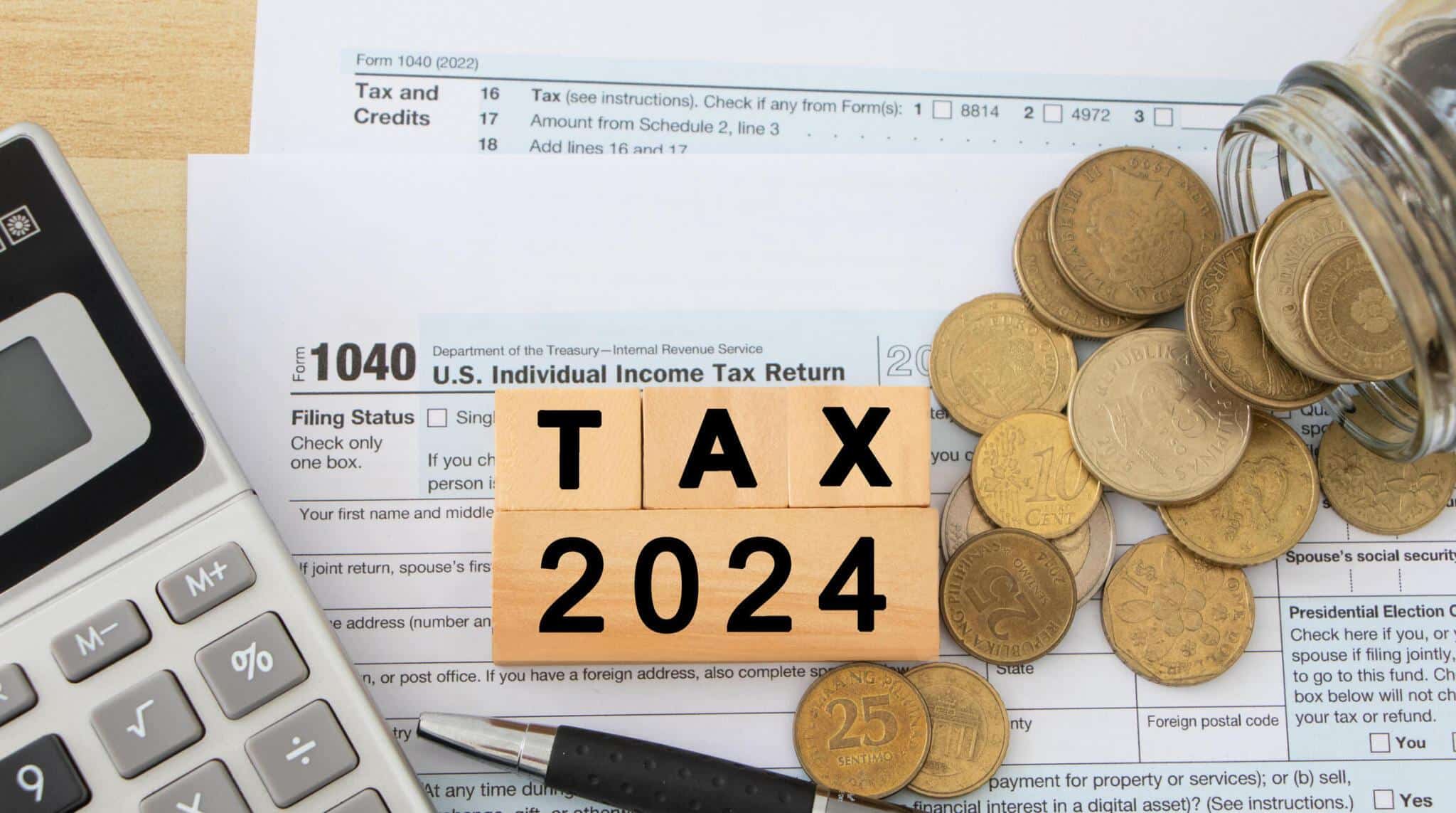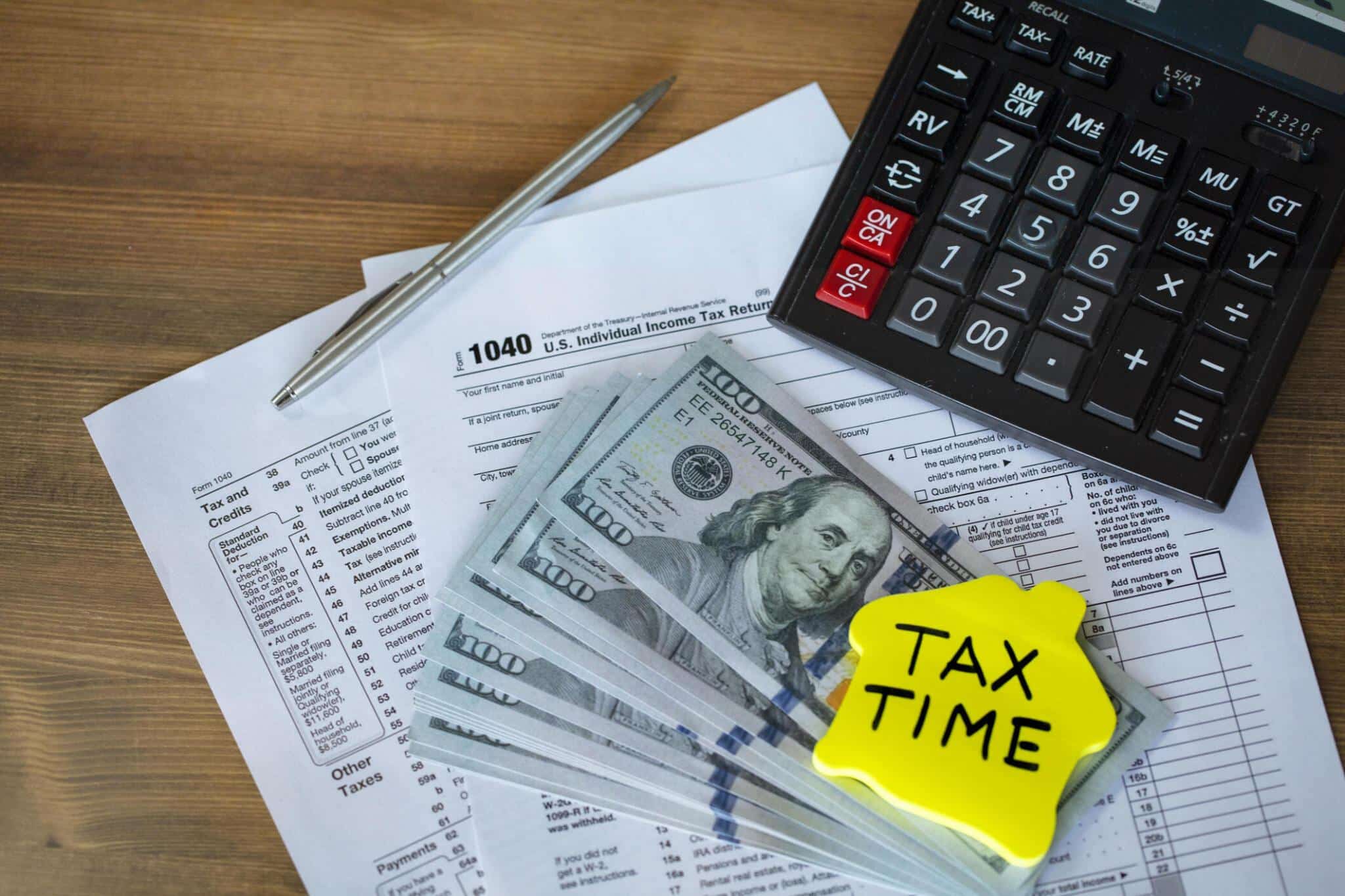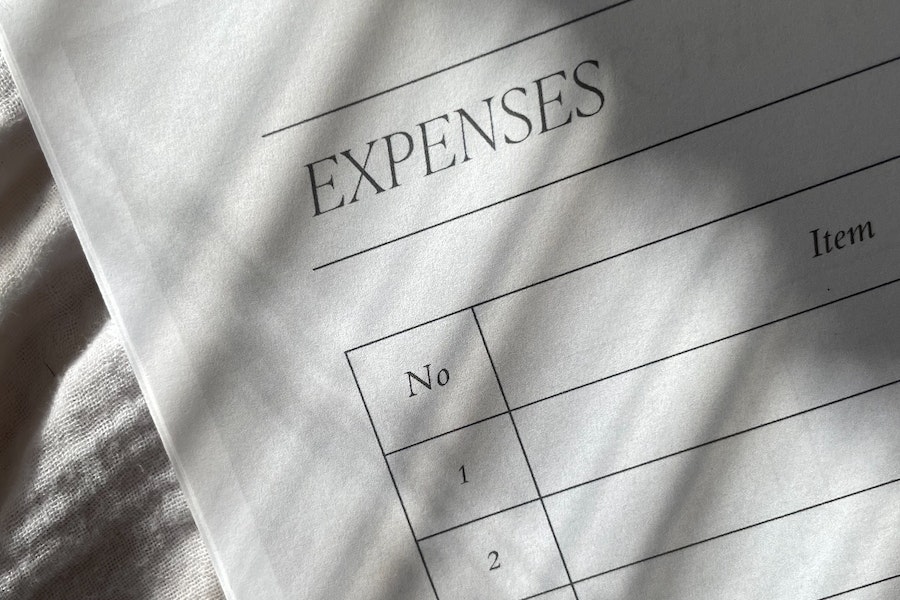Cryptocurrency has taken off in the last few years as an investment strategy.
However, there are legal parameters around crypto income in Australia that you need to know, especially when it comes to the tax you pay.
If you have made the move to invest in crypto, whether privately or for your business, or if you are accepting crypto payments, you need to be aware of your tax responsibilities.
Crypto income and tax
If you earn money from your cryptocurrency investments, it is more than likely to be subject to tax in Australia.
The Australian Taxation Office (ATO) website has everything in detail but here is some information to get you started:
Basically, cryptocurrency is treated as an asset for tax purposes. This means that the capital gains tax (CGT) rules apply to cryptocurrency transactions. CGT is a tax that applies to any profits made from the sale of an asset. So, when you sell or dispose of cryptocurrency, you may be liable to pay tax on the capital gains you make.
For example, let’s say you bought Bitcoin for $10,000 and sold it for $15,000. The capital gain made from this transaction is $5,000, and this amount would be subject to CGT. The amount of tax you pay will depend on your individual tax situation, including your income and any other capital gains or losses made in the same financial year.
Capital gains tax can be complex in itself, so speak to your accountant about how to calculate CGT in relation to your crypto income and other assets.
Reporting crypto income for tax purposes
The ATO requires individuals and businesses to keep accurate records of all cryptocurrency transactions, including:
-
- details of the date of the transaction
- the amount of cryptocurrency sold or exchanged
- the value of the cryptocurrency in Australian dollars at the time of the transaction
- the purpose of the transaction.
Your records must be kept for at least five years and may be requested by the ATO for audit purposes.
If you’re running a business, in addition to CGT, there may be other tax implications when using cryptocurrency in Australia. If you receive cryptocurrency as payment for goods or services, this is considered a taxable transaction and must be included as part of your income for tax purposes. The value of the cryptocurrency at the time of the transaction must be converted to Australian dollars and should be included in your tax return.
Because of the way cryptocurrency is taxed in Australia, you will need to think about the way you structure your tax. For example, if you are a sole trader, you may end up being taxed at a higher rate. It could be an option to explore a company or trust model but again, speak to your accountant about the costs involved and whether or not you will save money.
Finally, if you lose money from cryptocurrency investments and trading, you may be able to use this to offset capital gains. For example, if you made a capital gain of $5,000 from the sale of Bitcoin and a capital loss of $3,000 from the sale of Ethereum, the capital gain made would be reduced to $2,000. This can help to reduce your tax liability.
While it is a new currency, your crypto earnings are definitely taxable. Don’t assume the government will not be aware of the money you are making.
If you have been investing and trading in cryptocurrency, reach out to Mobbs & Co to make sure everything is correctly recorded for tax purposes.










